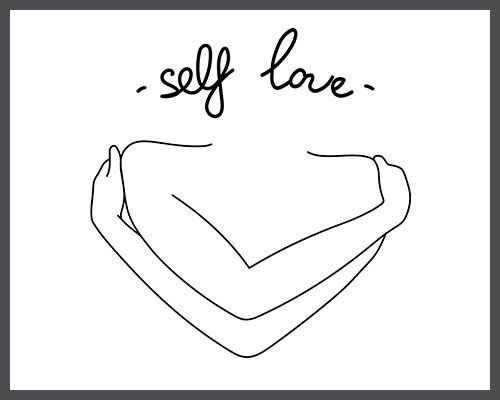Feeling All the Feels This New Year

Okay, let’s be real—there’s something super refreshing about a new year. It’s like the ultimate reset button. We’ve got 365 days ahead to grow, glow, and (most importantly) feel all the feels.
Emotions? They’re the bread and butter of being human. This year, we’re gonna go through it all—the good, the bad, and the downright weird—and honestly, that’s what makes life so worth it.
Cue the Good Vibes
First up: let’s shout out all the happy vibes. Think belly laughs with your besties, that sweet, sweet moment when you crush a goal, or just vibing with a cozy night in. These moments are chef’s kiss and remind us why life’s pretty great.
Don’t sleep on gratitude either. It’s the secret sauce to making ordinary moments feel extraordinary. Whether it’s a random “thank you” or appreciating your favorite coffee spot, gratitude is like a little glow-up for your mindset. It’s basically the avocado toast of emotions—totally worth it.
When Life Gets Messy
Let’s not pretend it’s all sunshine and rainbows though. Sometimes, life throws curveballs. Sadness, frustration, anger—they’ll show up uninvited like that one coworker who always eats your snacks. Maybe you’ll feel stuck or overwhelmed. And that’s okay. These moments? They’re the real MVPs for personal growth. They teach us resilience and remind us just how strong we are.
Living in the “Wait, What?” Moments
Then there’s all the in-between stuff—the surprises, the WTF moments, the “OMG, I’m actually doing this” kind of vibes. Curiosity, nostalgia, even confusion… they’ll all make guest appearances. And you know what? That’s what keeps life interesting.
This year, you’ll feel the warm fuzzies of love, the power of compassion, and maybe even the bittersweet sting of vulnerability. Through it all, you’ll find connection—to others, to yourself, and to what really matters.
Here’s the Game Plan
So, what’s the move for 2024? Embrace it all. The highs, the lows, the moments that make you go, “Huh?” They’re all part of the ride. Every single emotion you feel adds to the story you’re writing, and let’s be honest—your story is already iconic.
So go ahead: laugh, cry, rage, love, and everything in between. Here’s to living fully, feeling deeply, and taking on 2024 like the main character you are. And hey, if all else fails, there’s always pizza.
Happy New Year, fam!









Our Mental Health Partners
Shop | About | The Evolution | Our Founder | Blog | Privacy Policy




